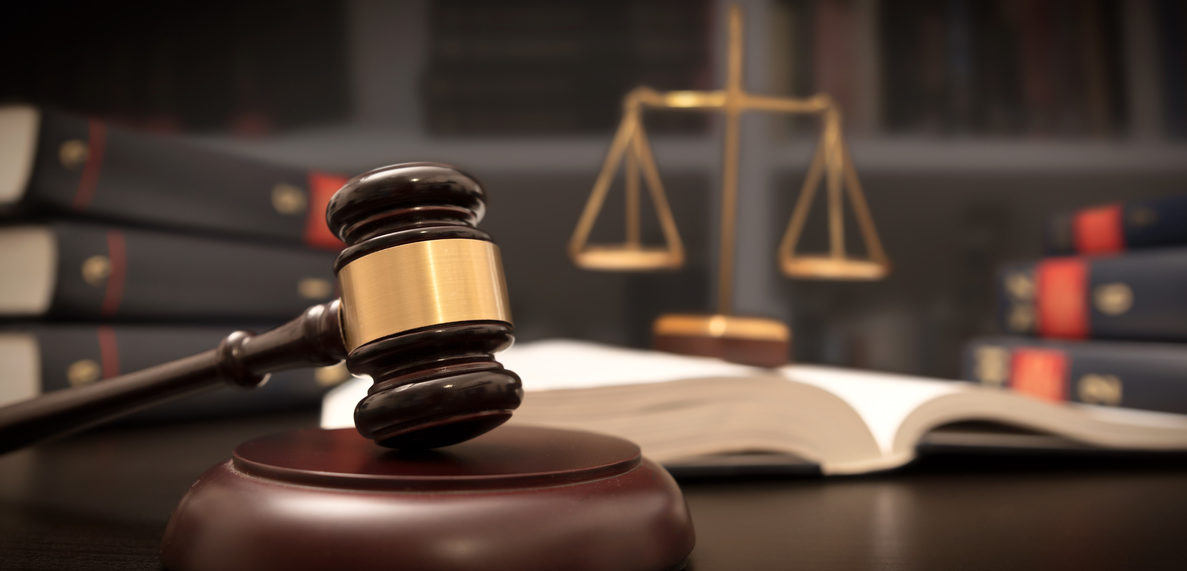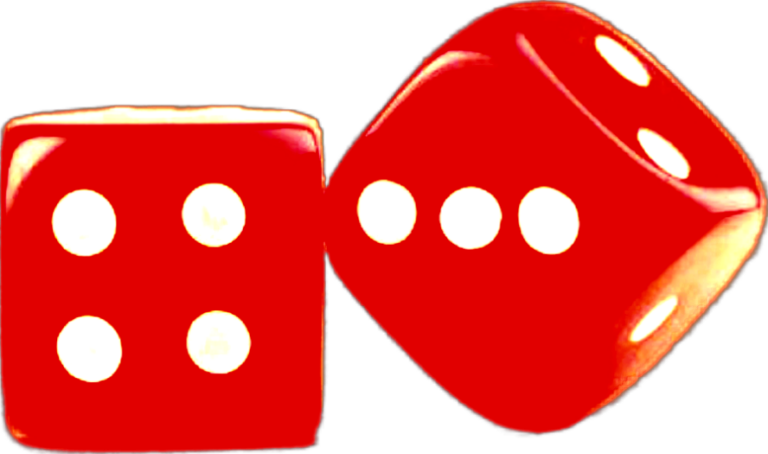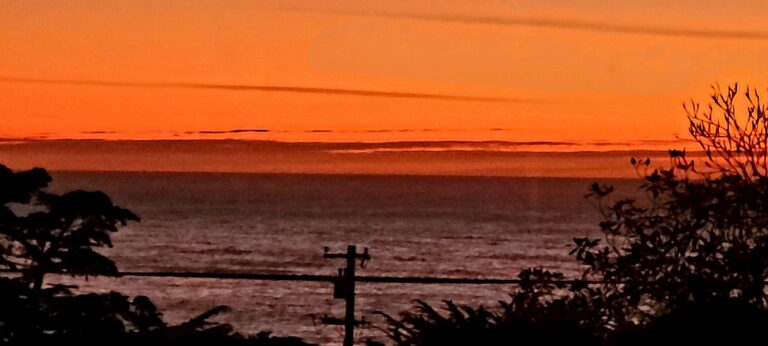Anthony Mohr – Essay
Several years earlier, when I sat in traffic court, I found a woman guilty of speeding. I believed the officer,...

On the Trail
Clarissa sued her surgeon because after the operation, her leg started to hurt—nonstop waves of pain. The problem was the orthopedist had operated on her shoulder, a place rather distant from her leg.
Clarissa’s malpractice suit did not go to trial. The surgeon’s lawyer made a motion for what is called summary judgment, meaning there were no factual issues worth trying. The doctor’s expert made things clear. The defendant had met the “standard of care” and his procedure caused no harm to Clarissa’s leg. Causation, a concept so important you learn it the first year in law school—the first semester, usually—didn’t exist here. Clarissa’s expert couldn’t prove the surgeon was negligent.
So, I granted the summary judgement.
Sometimes judges have to rule against people who they know need help. Sometimes we have to rule against someone we’d like to see win. That said, my decision was easy. It took at most fifteen minutes to read the briefs and reach a result. The law was explicit. If somebody didn’t cause an injury, the person wasn’t at fault.
I didn’t think any more about Clarissa. I’d never met her. She didn’t attend the hearing; for pretrial motions, parties almost never do. In any event, I had other matters on my calendar. After signing the judgment, I put the file in the outbox for the judicial assistant to take away, to whatever shelf in whatever room the court stores its archives.
*
Eight months later, while we were hiking in the Santa Monica mountains, my longtime friend, Lois, and I reached a bend in the trail that offered a view of the San Fernando Valley and the Angeles Crest beyond. Our conversation drifted into legal topics. Though not a lawyer, Lois had always been curious about the courts. She said something about a friend of hers who’d become disabled. Lois paused before adding that her friend’s condition was due to a “quack of a doctor” whom her friend had sued for malpractice and lost.
“She’s in excruciating pain,” Lois said. “She lives on Ibuprofen. Her leg never stops throbbing.”
“That’s sad,” I said.
Lois said her friend was bound for the State Bar board of governors, and maybe in a year or two, would have become its president. Now that wouldn’t happen. She was in too much agony.
Lois said something like, “Clarissa had to quit her law practice. She has no money, all because some judge ruled against her.”
Clarissa—the name sparked my memory; then the details cascaded in, and I blurted out, “I’m the judge who heard her case.”
Lois flinched.
*
Several years earlier, when I sat in traffic court, I found a woman guilty of speeding. I believed the officer, and since he’d cited her a block from my health club at about 4:50 pm, I had a hunch she was racing to a class there.
“I find you guilty,” I said, then offered her traffic school.
A month or so later, in my health club’s sauna, a man emerged from the steam and approached me. “Are you a judge?” he asked.
Both of us were buck naked.
I hesitated before saying, “Yes.”
He was a hulk who must have spent every waking hour working out at the gym.
“You found my girlfriend guilty of speeding.”
As he drew closer, I was sure something unpleasant was about to happen, like a fight, which he’d win.
Then he of the washboard abs smiled and said, “You were right. She didn’t want to be late for her aerobics class.”
As he faded back into the mist, I started breathing again.
*
But now, on the trail with Lois, for the first time I’d learned the fallout from one of my rulings.
I thought about saying I regretted the result, but that wasn’t right. I thought about saying something like, “That’s the way it goes,” but that wasn’t right either. The most accurate description of my reaction was surprise. Los Angeles is vast; rarely do I know a litigant. The chances of finding out what happened after a decision were small.
For a couple of minutes as we continued our hike, Lois remained quiet. I focused on the smoky scent of the sage. Maybe she was thinking about turning around and walking away with a “Tony, I’m sorry, but I have to go home.”
While I wouldn’t have blamed her, what Lois said didn’t make me regret my ruling. Clarissa’s lawyer had not appealed, a strong signal that I’d made the proper call. More important, I’d performed my job. Maybe, during our silence, Lois was trying to accept that fact.
The incident made me wonder what would happen if judges were told the effects of their choices? Judges from small counties like Alpine or Modoc have said it makes no difference when they hear the aftermath of a decision, which is often. I believe them.
A judge has a duty to decide based on law, not feelings. Have I considered all the issues? Have I missed an opinion? A sleeping statute? When a dispute comes before me, those are the questions to ask. I don’t worry about anybody’s reaction.
*
Shortly after they join the bench, every judge spends a week at California’s New Judge Orientation, studying judicial ethics and calendar management. Then within a year, they attend Judges College, a two-week program featuring, among other things, classes in ethics and courtroom control. Some of the lessons remind me of what T.S. Eliot wrote in a different context: “Teach us to care and not to care.” Still, on occasion as I ponder a case, my humanity creeps in. But until I make up my mind, sympathy must not play a role.
On occasion, judges handle thirty or forty pre-trial motions a day, many like Clarissa’s summary judgment. Unless the facts are unique, one case blends into the next. Perhaps that’s good, lest we drown in lamentations. But thanks to a hike through the chaparral with Lois, I realized my decision had harmed a friend’s good friend.
My announcement didn’t kill a relationship. Our walk occurred more than twenty years ago, and Lois and I remain friends. I guess one could say she’s forgiving, were there anything to forgive.
Like life, law can be cruel. Anyone who makes a living wearing a judicial robe cannot ignore that truth. All I can do is apply the law and move on to the next case.
Learn more about Anthony by clicking on his bio: https://thievingmagpie.org/anthony-mohr-bio/



